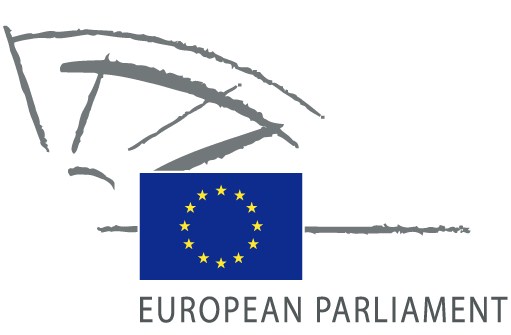
As the European Union grows economically, the maritime domain has proven to be an increasingly important medium for trade, innovation, and food supplies. The well-being of Europe is linked to the conservation and protection of European maritime interests. Some 90% of EU’s external trade and 40% of its internal trade is transported by sea. The EU hold the fifth largest assortment of fisheries and aquaculture. Additionally, each year large numbers of tourists pass through European ports. The ‘blue’ economy represents roughly 5.4 million jobs across the European Union, and generates a gross added value of almost 500 billion Euros a year. Despite this, there is still potential for growth.
The term ‘blue growth’ refers to long-term strategy to support sustainable growth in the marine and maritime sectors as a whole. It is the maritime contribution to the goals of the Europe 2020 strategy for smart, sustainable, and inclusive growth. The European Union depends on open, safe seas and oceans for free trade, transport, tourism and economic development. Failing to provide a secure environment for blue growth could result in the seas and oceans becoming arenas for international conflicts, terrorism or organised crime.
28 Nations within the European Union recently gave approval for the European Commission to discuss and agree upon an EU maritime security strategy. Greek Foreign Minister Evangelos Venizelos said that this is “a significant step forward in safeguarding the EU’s maritime security interests against a plethora of risks and threats in the global maritime domain”.

The European Union is currently under pressure to do more and act more quickly with limited resources by strengthening cooperation between different sectors and national authorities. European nations are reducing spending on their respective military maritime assets which could lead to insufficient defensive capabilities if the new strategy is not implemented. As internal and external dimensions of maritime security are increasingly interlinked, a shared effort by all member states is necessary to establish coherence between sector-specific and national policies, as well as different civilian and military authorities. The EU’s Limassol Declaration of 2012 stressed the ‘importance of improved maritime governance including increased cooperation’. An EU maritime strategy could contribute to rules-based good governance at sea. Such a pan-European security strategy would involve a strategic, cross-sectoral approach to maritime security. Creating common norms between member states and developing more international cooperation could be the starting points to build on existing treaties and legislation.
The main maritime security interests outlined by a March 6, 2014, policy paper presented by the European Commission, the cornerstone for the newly ratified EU maritime strategy, include the prevention of conflicts, preservation of peace and strengthening international security by international cooperation through a rules-based approach. The policy paper also revealed that prevention of international crime and illegal fisheries would constitute a key security interest of the new maritime security strategy. This paper, however, does not mention the need to protect the energy supply which is a key driver in the evolution of the EU’s maritime strategy thinking.
In order for the EU to create a comprehensive and successful maritime security strategy some issues with the March 6 policy paper need to be addressed. Primarily, the main security interests need by given priorities in order to create a cost-efficient strategy. For example, the prevention of international crime might be more important than protecting fisheries and it might be more effective if the military structures were assigned a lesser role in this area.

The European Commission should also focus on the protection of energy supplies to the EU. Based on consideration the case of Cyprus where large offshore discoveries were made for which the country was unable to provide the security needed to capitalise on the find, some argue that it should be the responsibility of all EU member states to provide security for energy supplies. With the current crisis in Ukraine and increasing turmoil in the Middle East, energy security should be given more importance and the cross-sectoral, multilateral approach to maritime security advocated by the EC would be an effective strategy to achieve greater security for energy suppliers. Additionally, as member states also look to protect potential energy reserves in the Arctic, the need to develop a maritime security strategy to support protection of supply at distance is an important reason why the EU is looking to have greater influence over Arctic security matters. The new EU maritime security strategy could also provide security over expanding influence and operations in the Indian Ocean.
It will be interesting to see how the overarching, EU cross-sectoral, co-operative strategy will fit with strategies used by individual nations. For a number of years, debates about what the EU should do to improve maritime security have focused on improving surveillance capacity. This is only a substructure of the EU maritime security strategy. In order to achieve higher efficiency, the topics debated should shift towards the structure of the joint security system, and providing energy security instead of focusing on surveillance.




